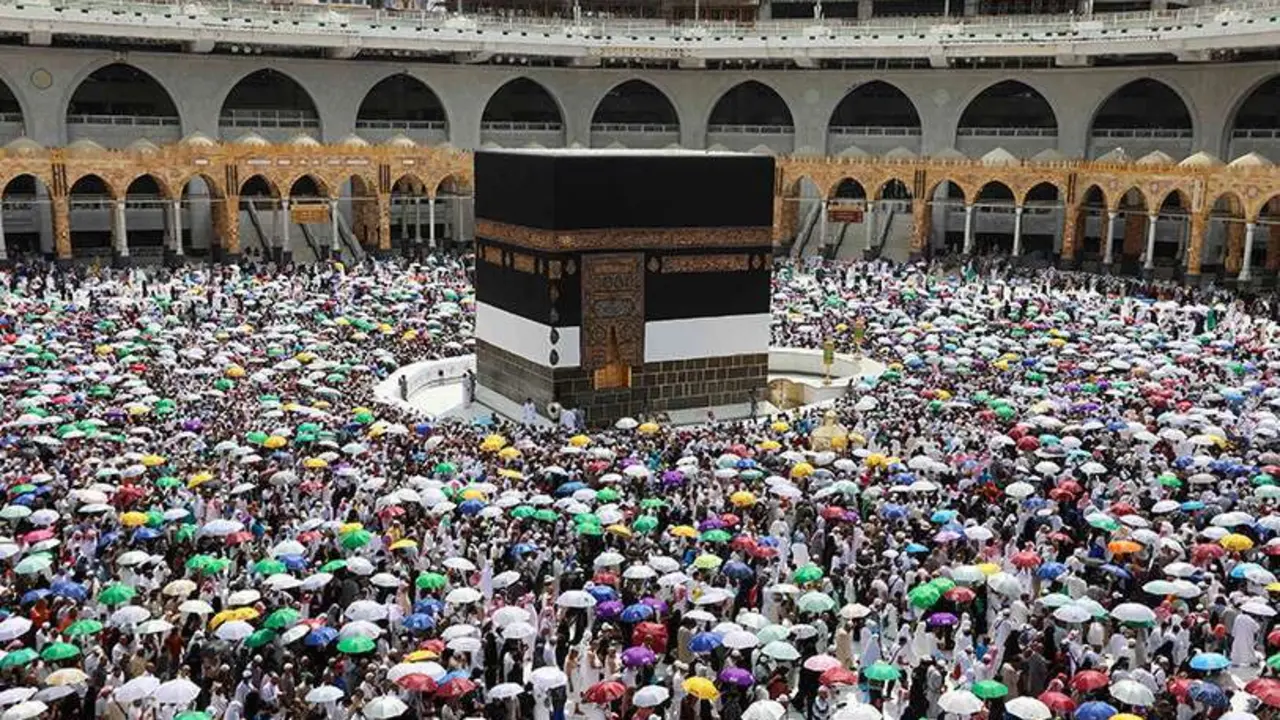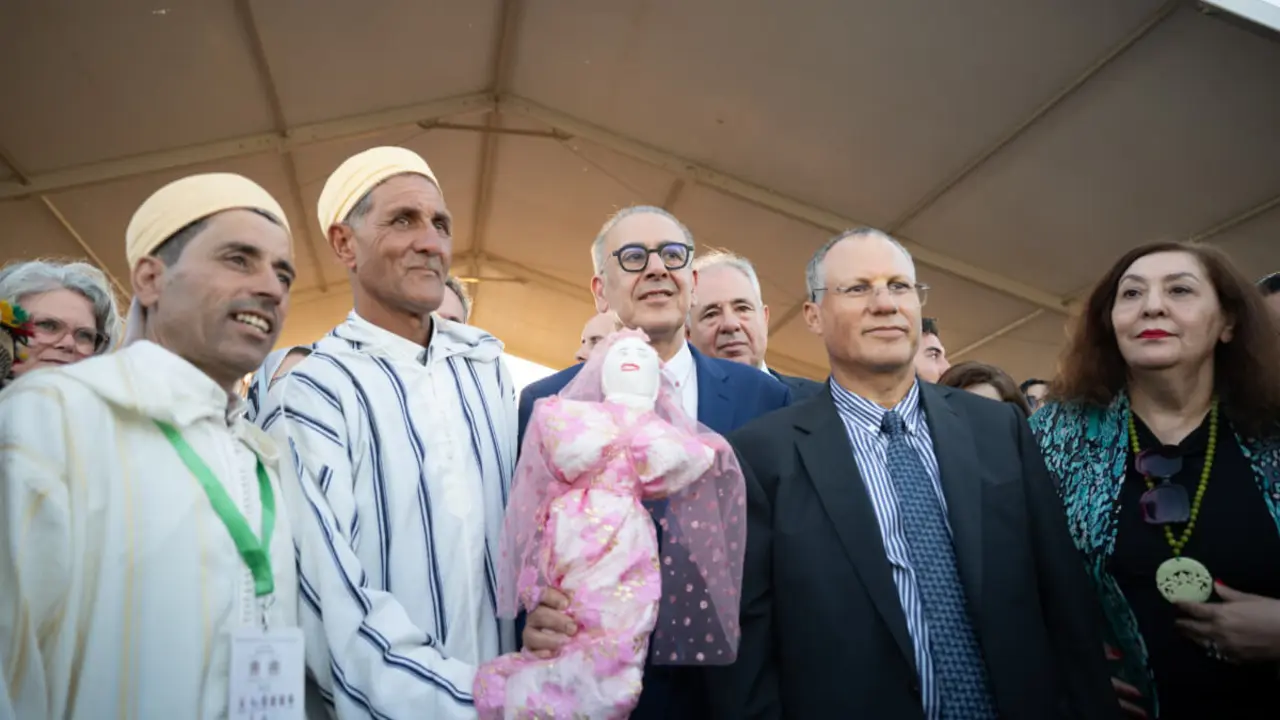Amnesty International urges Lebanon to reconsider return of Syrian refugees

Lebanon's President Michael Aoun announced on Wednesday that his country will begin returning refugees to Syria. This process, which is scheduled to begin at the end of this week, has not been well received by associations that watch over the rights of refugees and warn of the danger of returning to Syria at this time. From the outset, some, such as Human Rights Watch (HRW), have warned that "Syria is anything but safe for returnees", and have called on the Lebanese government to backtrack. Amnesty International (AI) has now joined the call to try to stop this initiative.
15,000 refugees are expected to be returned thanks to this project, which will be orchestrated by the Lebanese General Security Agency with the collaboration of the Ministry of Social Affairs. It was the Minister of Social Affairs, Hector Hajjar, who took a firm stance when asked about international requests to stop the return of refugees: "We are a sovereign country that makes its own decisions and only informs the international community of its decisions".

This is demonstrated by disregarding the recommendations of various international bodies. The rejection of the previous repatriation plan by the United Nations on security and human rights grounds has mattered little in Beirut. Nor have the warnings of the United Nations High Commissioner for Refugees (UNHCR) served to make Lebanon back down, at least for the time being. Not even the fact that the refugees' return is voluntary has caused the associations to soften their warnings, since one of the motivations for urging refugees to return to their country is an amnesty for which there are insufficient guarantees.
The reality is that from the moment Syrian refugees began to arrive on Lebanese territory 11 years ago with the outbreak of the war in Syria, their reception, as has become customary in these cases, has been for the economic compensation they could receive in Beirut, rather than for the real will to help. Between 2013 and 2018, the figure amounts to almost six billion dollars in specific aid for the reception of Syrian refugees. It should be borne in mind, however, that Lebanon is the country with the most refugees per capita in the world - of the country's six million inhabitants, 1.5 million are refugees.

This figure becomes even more significant when, according to UNHCR, there are more than 600,000 unregistered refugees out of the 1.5 million. Within this large group, one of the concerns is that the voluntary return that refugees should be able to count on to return to their country may not be the case. Abou Odai Amer, a Syrian activist and refugee, told Arab News that "of the 60,000 Syrian refugees in Arsal, 400 people want to return". There is some fear that, in order to meet the target of returning 15,000 refugees, some who do not want to return to Syria will be forced to do so.
This is where Amnesty International comes in once again. Diana Semaan, Amnesty International's acting deputy director for the Middle East and North Africa, has called on Beirut to respect its obligations under international law, which prohibits forced repatriation. This could occur, she explains, when states use certain means indirectly to force people to return to a country where suffering human rights violations is a very serious risk. Especially when AI has already reported in the past on torture, sexual abuse, enforced disappearances and arbitrary detention of Syrian refugees upon return to their country.







